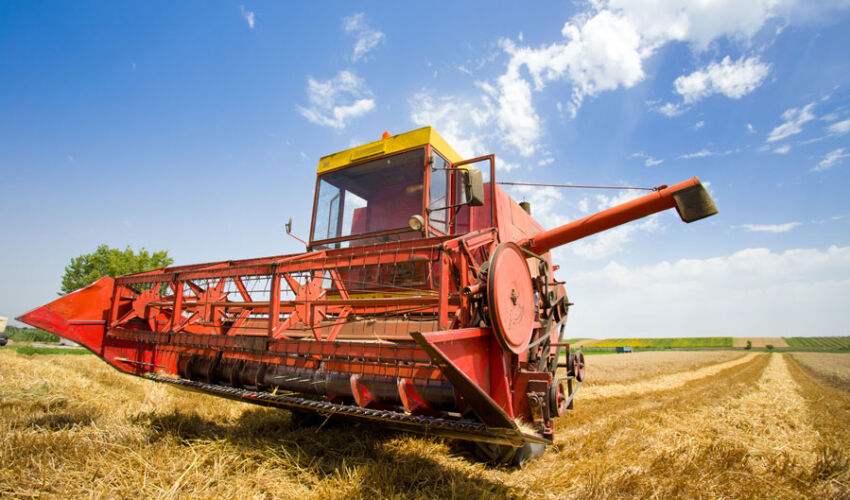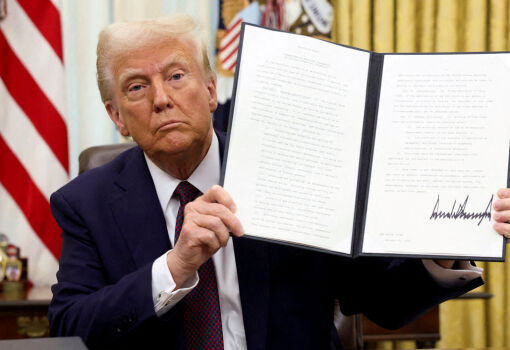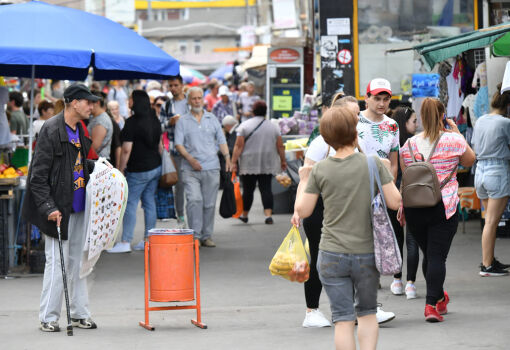
By that time, the RM will supposedly have a new parliament, a new government, and new views on the methods of supporting the country’s agriculture. However, the basic principles have already been defined by the law.
Even the title of the new law (on financing, management and monitoring of agricultural policy) quite clearly indicates – it is not so much about subsidies as about European integration. The EU is preparing to adopt a new financial plan in 2027 and to enter a new phase of common agricultural policy for the member states. Accordingly, the new and, in a certain sense, the basic law for agriculture in the Republic of Moldova is intended to form the conceptual and institutional basis for the future adsorption of EU agrarian funds.
The law contains a list of priority branches of agriculture, which will necessarily receive state funding – these are cattle breeding and fruit growing. There is even a mention of two sub-sectors that will receive subsidies “per hectare” from the start of the implementation process – vegetable growing and sugar beet growing. There are also direct targeted subsidies “per head of animal and per kilogram of production”.
That is all. Other forms of direct subsidies, as in the European Union, are not envisaged at the moment. That, according to the leaders of some farmers’ organizations, is a step back from the “gold standard of subsidies in the European Union”. However, the policy of targeted subsidies in the EU is also changing, in the future financial plan (and general agricultural policy) of the bloc clearly looms another transition: “tanks instead of combines”.
Speaking of combines. There will be no more post-investment subsidies in the previous form, which were based on compensations for part of the costs of agricultural machinery and equipment. Instead, the new law expands the practice of advance payments, including for the modernization of production infrastructure (the same equipment for gardening and dairy farms, for example). At the same time, subsidies for investment projects “in advance” will be distributed on a competitive basis.
The law also details the rules and, importantly, the terms of consideration of farmer applications for funding from the National Fund for Subsidies to Agriculture and Rural Areas. At the moment, a very large share of the fund is allocated to cover the arrears of subsidies to farmers for the previous two years. It is hoped that by the end of the year the debts will be paid and new ones will not appear.

